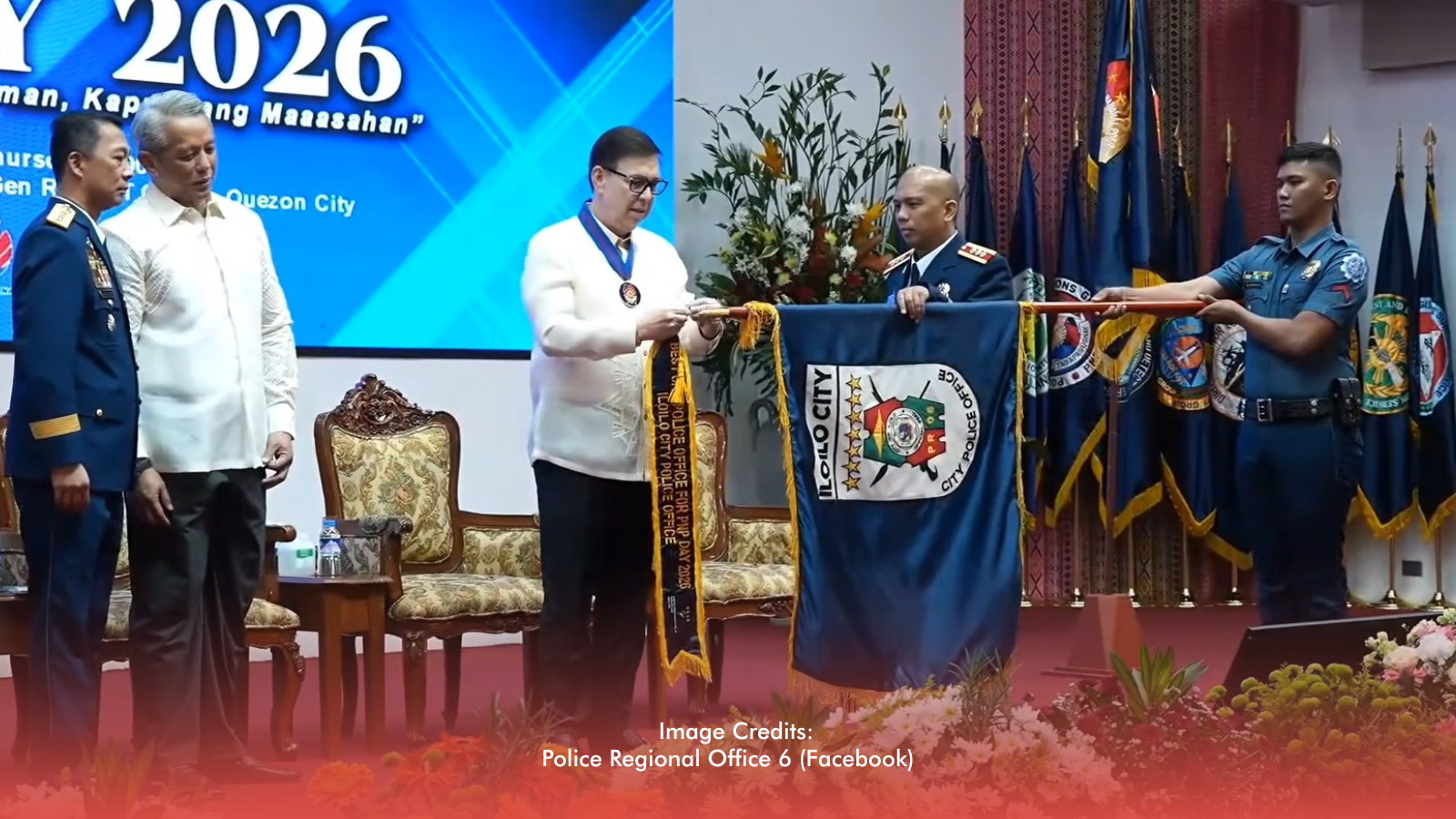As Raisa Treñas prepares to take office as mayor of Iloilo City on June 30, 2025, her victory signals not just the rise of a new leader but the continuation of a legacy built on inclusive growth, sustainability, and public service. Following in the footsteps of her father, outgoing Mayor Jerry Treñas, Raisa is widely expected to preserve and strengthen many of his signature initiatives that have reshaped the city.
Sustaining Urban Transformation
Under Jerry Treñas’ leadership, Iloilo City experienced a period of aggressive modernization. Landmark projects such as the redevelopment of the Iloilo Central and Terminal Markets, in partnership with SM Prime, and the construction of a multi-level parking building aimed to revitalize commerce and ease mobility. Raisa is anticipated to see these projects through to completion, ensuring they deliver long-term benefits to both vendors and consumers.
Her administration is also expected to support and possibly expand the Iloilo Sunset Boulevard and the Iloilo River Esplanade, which together offer nearly 15 kilometers of scenic, pedestrian-friendly spaces that double as flood control and recreational assets.
Strengthening Social and Health Infrastructure
The development of dialysis centers in Molo and Jaro under Jerry Treñas addressed critical healthcare gaps for indigent patients. Raisa, who has emphasized health in her platform, is likely to build on these by increasing access to community-based services through existing ICARE Centers and new health initiatives.
In housing, Jerry Treñas oversaw the relocation of over 8,500 families to 42 resettlement sites—one of the largest efforts of its kind in the region. Raisa has expressed commitment to continuing these pro-poor policies, particularly in light of ongoing urban migration and land use challenges.
A Legacy Extended—or Redefined?
While Raisa Treñas brings fresh leadership, her first term is being viewed as a continuation of a vision that transformed Iloilo into a model of livability. Her platform, branding itself on “continuity with innovation,” clearly gestures toward honoring her father’s achievements.
But governance is ultimately shaped not just by intention, but by decisions made in real time—under pressure, amid shifting priorities, and in response to the city’s evolving needs.
Whether Mayor Raisa Treñas will follow through on the legacy of her father or chart a new path remains to be seen. For now, the people of Iloilo City wait and watch.






